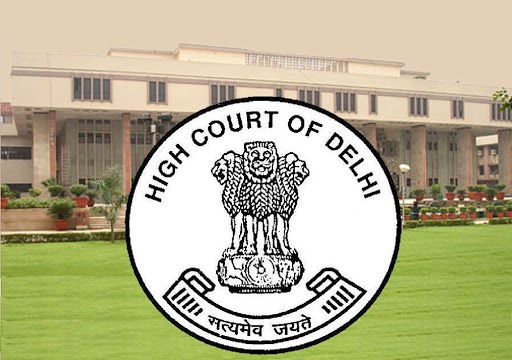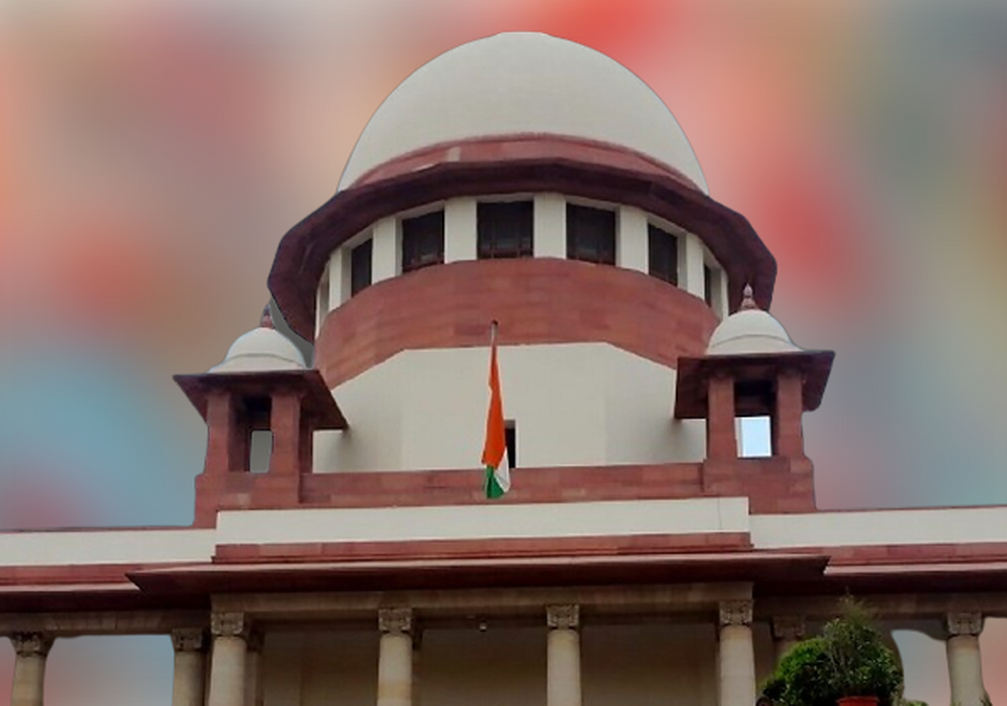Sessions Court has no power to implead, except those mentioned u/s 401 CrPC: Delhi HC

Read Order: Vipul Gupta And S. P.gupta v. State & Anr
LE Staff
New Delhi, August 9, 2021: The Delhi High Court has ruled that a Session’s Court does not have parallel power unlike Section 482 CrPC and it cannot implead anyone, except those mentioned under section 401(2) CrPC.
A Bench of Justice Yogesh Khanna observed that when the High Court has to deal with the revision under section 482 (Saving of inherent powers of High Court) of the Criminal Procedure Code (CrPC), the victim can join the proceedings, but this position of law is different in revision before the Session’s Court, viz in a State case because of bar u/s 401(2) CrPC (That reads: No order under this section shall be made to the prejudice of the accused or other person unless he has had an opportunity of being heard either personally or by pleader in his own defence).
“A bare perusal of Section 401(2) CrPC would show other person must be akin to an accused who can participate in the proceedings. The phrase in his own defence in clause 2 of Section 401 CrPC strengthens this belief. The complainant is never heard in his defence and hence the word ‘other person’ referred to in Section 401 CrPC is a person akin or similarly placed to an accused,” observed Justice Khanna.
The Petitioner had approached the High Court with a grievance that the Revisional Court had directed him to file an amended memo of parties by impleading the complainant defacto as respondent No.2, whereas the complainant had no role to play before the Revisional Court and it was only the Public Prosecutor for the State who has to take realm of the case before the Session’s Court.
It was further argued that as per Section 401(2) of CrPC, no order shall be passed to the prejudice of the accused or other person unless he has liberty of being heard either personally or through pleader.
The petitioner therefore urged that the words ‘other person’ refers to person akin to the accused and it does not include the complainant and hence the Revisional Court had erred in making the complainant defacto as respondent No.2.
After considering various judgments and precedents, Justice Khanna opined that the word other person u/s 401(2) CrPC is either an accused or a person similarly placed to the accused.
Further, he observed that in a Session’s trial, the complainant can only assist the Public Prosecutor at the stage of enquiry, trial or appeal and may submit written arguments only after the evidence is closed.
Noting that the prosecution in Session’s case cannot be conducted by any person other than the Public Prosecutor, the High Court said that reason need be given if an order u/s 401(2) CrPC is passed to the prejudice of the accused.
Hence, the High Court concluded that “other person” does not include a complainant in revision.
“This is a State prosecution and at the highest the complainant can be a witness to the proceedings and can participate through learned APP for the Sate but cannot be a party to the revision petition,” said the High Court.
Sign up for our weekly newsletter to stay up to date on our product, events featured blog, special offer and all of the exciting things that take place here at Legitquest.




Add a Comment